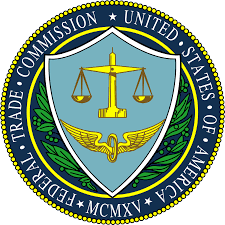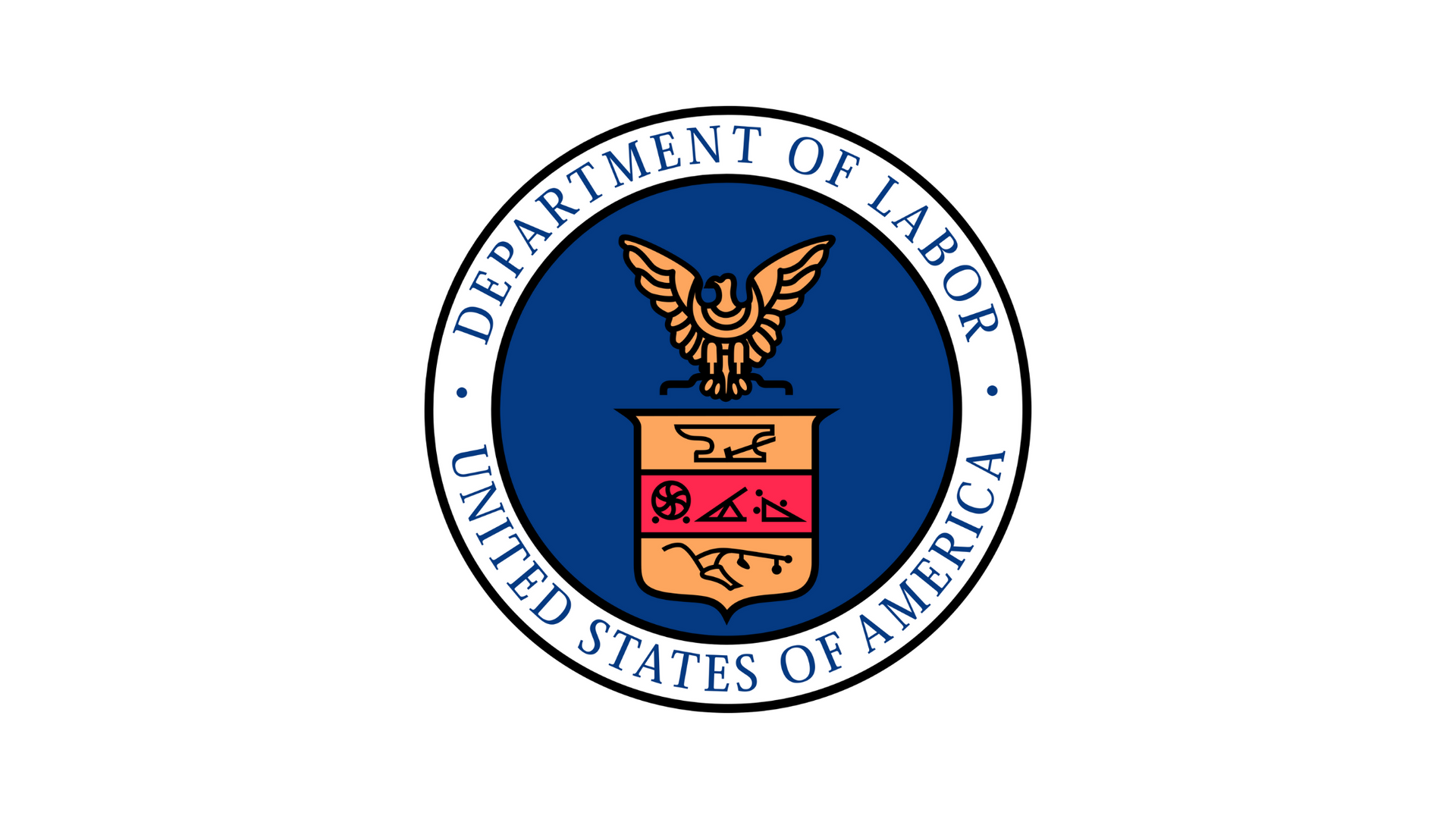GSA Issues Final Rule on Transactional Data Reporting and Proposed Rule on Access to Reported Data
Starting with a phase-in pilot program on July 1, 2016, the recently issued General Services Administration (“GSA”) final rule will require contractors to report a minimum of eleven elements of transactional data (including contract and order numbers, deliverable descriptions, manufacturer and part number, unit measure, quantity sold, and prices paid per unit for items and services, as well as total price (“TD”)) on orders issued under covered FSS, GWAC or IDIQ contract vehicles. The new TDR clause is intended to help the Federal government improve competition, lower prices and increase transparency. However, the new rule may mean increased risks and exposure for Federal contractors.
The new clause would apply to all new contracts under these FSS, GWAC and IDIQ contract vehicles, and by bilateral modifications to existing FSS contracts. The clause will be phased in, starting with a pilot program phase that will cover eight FSS areas (Schedule 70 General Purpose Information Technology Equipment, Software and Services [selected SINs]; Schedule 00CORP Professional Engineering Services; Schedule 03FAC Facilities Maintenance and Management; Schedule 51 V Hardware Superstore; Schedule 58 I Professional Audio/Video, Telemetry/Tracking, Recording/Reproducing and Signal Data Solutions; Schedule 72 Furnishing and Floor Coverings; Schedule 73 Food Service, Hospitality, Cleaning Equipment and Supplies, Chemicals and Services). These eight areas comprise 30% percent of GSA’s FSS contracts and 43% of the volume of GSA Schedules sales. Total GSA Schedules sales accounted for more than $33 billion in FY 2015. Phase in to make the pilot permanent or to expand to other FSS areas is not expected for at least one year. The rulemaking states that the new TDR clause is part of an Administration initiative to fundamentally shift government management of individual purchases and prices across the Federal government to “buying as one through category management.”
Significantly, under the pilot program, vendors will be required to report their TD monthly, and GSA, category management personnel and buying officials across the Federal government will be able to use and share the TD furnished by these vendors to negotiate and leverage lower prices for purchases not only from these vendors, but from other vendors that would sell the same or similar supplies and services. GSA plans to employ automated analysis techniques, such as the new Formatted Product Tool (“FPT”), to facilitate its identification of comparative vendor pricing and to use that data to notify vendors where proposed pricing is “outside a range determined to be acceptable for identical items.” It also intends to use the TD reported to analyze the pricing of similar items or services, and to plan its future strategic sourcing needs.
The government seeks to encourage existing vendors to accept the clause (and therefore the contractor’s requirement to report and the government’s ability to use the TD) by eliminating the Price Reductions Clause’s (“PRC’s”) price protection provision and current quarterly Commercial Sales Practices (“CSP”) disclosures required by the Most Favored Customer (“MFC”) clause, in favor of monthly reporting of TD by covered contractors participating in the pilot program. If after the first-year of the pilot, GSA determines that the TD rule does not result in beneficial savings to government, it could end the program and resume use of the PRC and MFC CSP provisions. Alternatively, it could expand the program. Either way, the contractor must bear the significant burden of establishing a system, electronic or manual, to accumulate, track and report the identified TD elements monthly. It also must face the risk that the government will change or increase the reporting and elements to be captured and reported, and that the government will still require the provision of additional pricing data if the Contracting Officer (“CO”) is unable to make a determination of whether the proposed price is fair and reasonable. Since GSA plans to issue data extracts to provide vendors, and the public, transparency into the range of pricing for the same or similar products, it and the other customers using the GSA FSS, GWACs and IDIQ vehicles are likely to expect vendors to submit offers that take this horizontal market insight into account. While it does not intend that the new TD rule will turn the acquisition system into “a lowest-price procurement model”, GSA expects the government to save billions of dollars as it leverages the TD to be provided by contractors under the new final rule.
In complement to the final TD rule, on July 7, 2016, GSA issued a new Notice, soliciting comments by August 29, 2016, regarding the contractor-reported TD that GSA plans to release to the public. The GSA seeks to provide “valuable market intelligence” to the public, including a contractor’s competitors, and to promote transparency “to the maximum extent allowable”. Accordingly, it is seeking input on how far it can go in the release of TD elements being reported. At this point in time, the Notice only identifies two of the eleven elements to be reported (quantity sold and price per unit) to be exempt from release under the Freedom of Information Act (FOIA) and through a public “data extract”. It is likely that GSA, in soliciting comments, is seeking justification to publicly report this data as well.
Takeaways:
- The new TD rule requires contractors to provide the eleven TD elements at no additional cost to the Government. Whether you have a new contract or would accept a bilateral modification to include the clause in your existing contract, you need to develop a compliant system. Plan ahead to address the requirements and costs that will arise due to the change.
- The new TD rule requires reporting of TD on all supplies and services delivered by the contractor during the performance of the orders issued against covered contracts, and apparently not just the supplies or services SINs that are part of the pilot program.
- Because this is a new way of assessing pricing, the GSA is issuing new GSA Acquisition Manual guidance for government procurement officials. These personnel will need to be trained to understand the uses and limits on the TD being reported.
- Given the GSA’s recently issued Notice and request for comments on the releasability of TD data elements, contractors and vendors should make sure that they vigilantly mark and protect their proprietary data from unauthorized use, release and disclosure. They may also consider commenting on this Notice.
- Given the recent Supreme Court case on implied certification, Universal Health Services, Inc. v. Escobar, reporting under the final rule may be considered an implied certification. Exercise care to ensure you maintain a consistent and accurate accounting method for tracking and reporting your transactional data, and paying your industrial funding fee (“IFF”) and/or Contract Access Fee (“CAF”).
The new clauses are scheduled to be included in contracts starting as early as July 1. And the Notice is out for comment until August 29, 2016. Please forward this information to your personnel involved in GSA FSS, GWACs, IDIQ contracting and subcontracting. If you have questions about the new rule, or compliance matters, contact Susan Ebner, or your Fortney Scott counsel.




All Rights Reserved | Powered by AutomationLinks | Terms & Conditions | Privacy Policy







